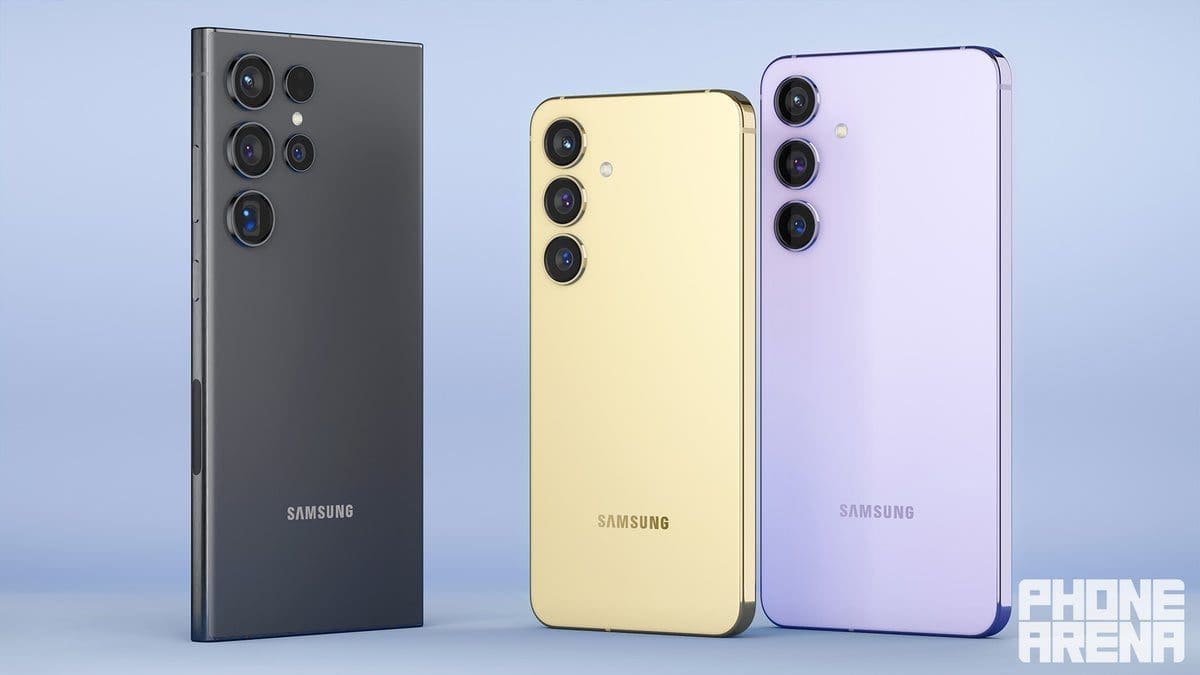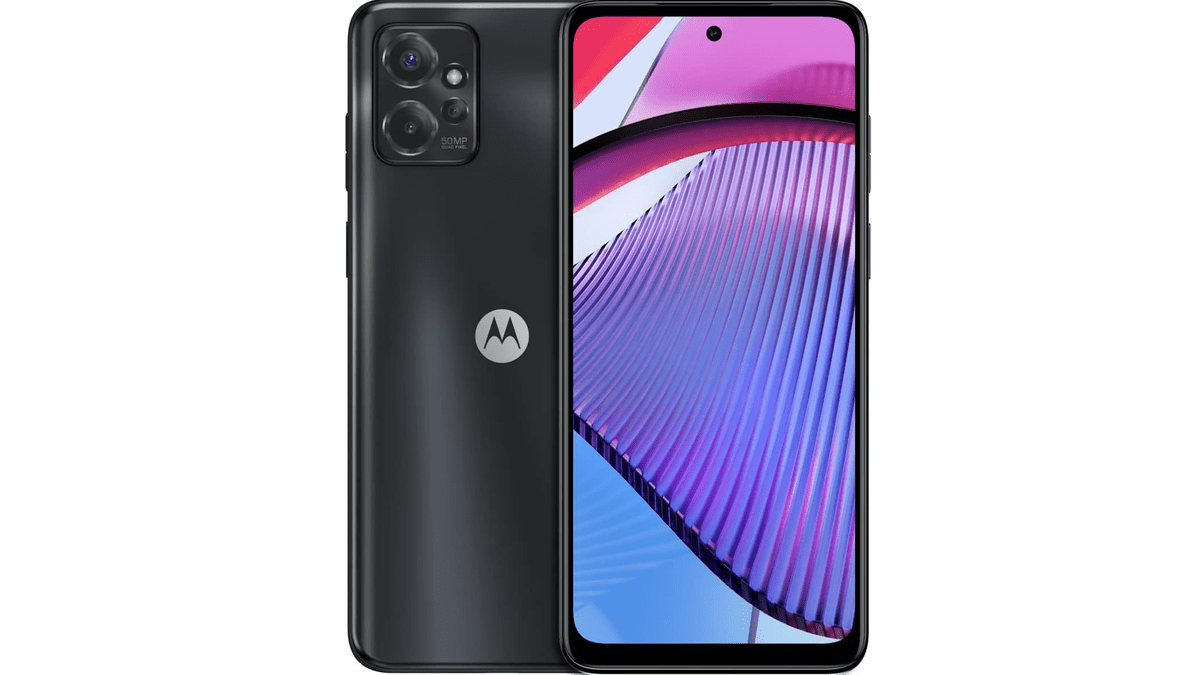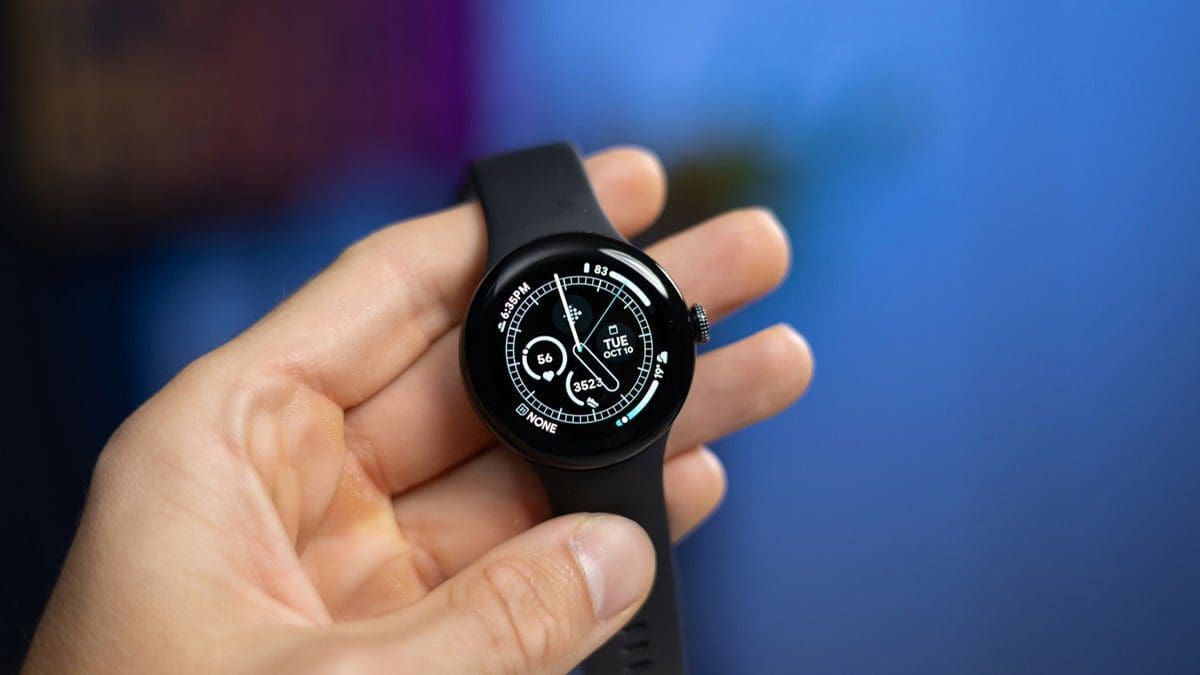Phones Canada has been closely following the latest developments regarding Dish Network’s potential purchase of low-band 800MHz spectrum from T-Mobile. As part of the regulatory approval for T-Mobile’s merger with Sprint, the FCC required T-Mobile to divest itself of this spectrum. T-Mobile primarily uses low-band spectrum, specifically the 600MHz airwaves, for its nationwide 5G network. While this type of spectrum offers longer distance coverage, it comes with slower download speeds compared to other bands.
However, it seems that a new player has entered the picture. Consulting firm Burns & McDonnell (B&M) has requested to participate in the legal proceedings involving Dish, according to a research report from New Street Research (NSR) as reported by Fierce Wireless. Analyst Blair Levin believes that B&M is representing a group of electric utility firms that also use spectrum. Many of these firms are already clients of B&M.
Additionally, it’s worth noting that these electric utility firms are working with Anterix, which considers itself the largest holder of licenses in the 900MHz band. Anterix’s Chairman is Morgan O’Brien, co-founder of Nextel. Although Anterix’s telecommunications service offerings do not include nationwide spectrum, they could also have an interest in the 800MHz spectrum.
When approached for comment, Anterix stated that they are closely monitoring this situation and other potential spectrum expansion opportunities. They remain in communication with relevant parties to assess any potential benefits. Anterix has extensive experience with this spectrum band from their time at Nextel, where they gradually acquired it over several years. T-Mobile eventually acquired this 800MHz spectrum through its acquisition of Sprint in 2005.
With B&M’s involvement in the court proceedings, the court now has an alternative option to consider if it decides not to grant Dish the requested extension. This presents a challenging decision for the Department of Justice. NSR’s Levin suggests that the DOJ can either firmly support Dish as the fourth major wireless competitor in the US or maintain its tradition of not favoring modifications in a Final Judgment related to a merger. Ultimately, the court will have the final say on whether Dish receives the extension.










